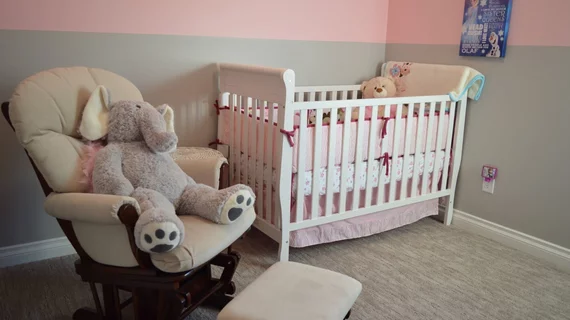Google looking to patent AI-based baby monitoring
Advancing its interest in AI for smart homes, Google has filed a patent for AI technology that would monitor babies by tracking their vocalizations as well as their eye and body movements.
CNBC is reporting that the company filed the application last year, although it was only published this month.
“Based on the newly published patent application, Google says it could use an HD video monitor and its AI engines to determine if a baby was in a ‘non-auditory discomfort’ state,” the outlet reports.
The patent application follows an announcement in May of “Google Nest,” which will align Google’s Nest and Google Home products to create a unified smart-home brand.
The outlet notes the controversy stirred by baby monitors getting hacked could present a hurdle in marketing an AI product in this category.
Then again, the generation now raising its first babies is probably the most accepting of watchful technologies, having grown up with location-tracking smartphones and ubiquitous connectivity.
In addition, Google sister company Verily recently partnered with Pampers to develop “smart diapers” that auto-track sleep as well as bodily functions.
In the new patent application, the inventors are listed as William Greene, who has co-authored several patents at Google related to connected devices, and Michael Dixon, an algorithm software design engineer at Nest, CNBC reports, adding that a Google spokesperson hadn’t yet responded to a request for comment.
The patent publication comes 21 months after the debut of the first baby monitor to integrate Amazon’s Alexa voice service.

